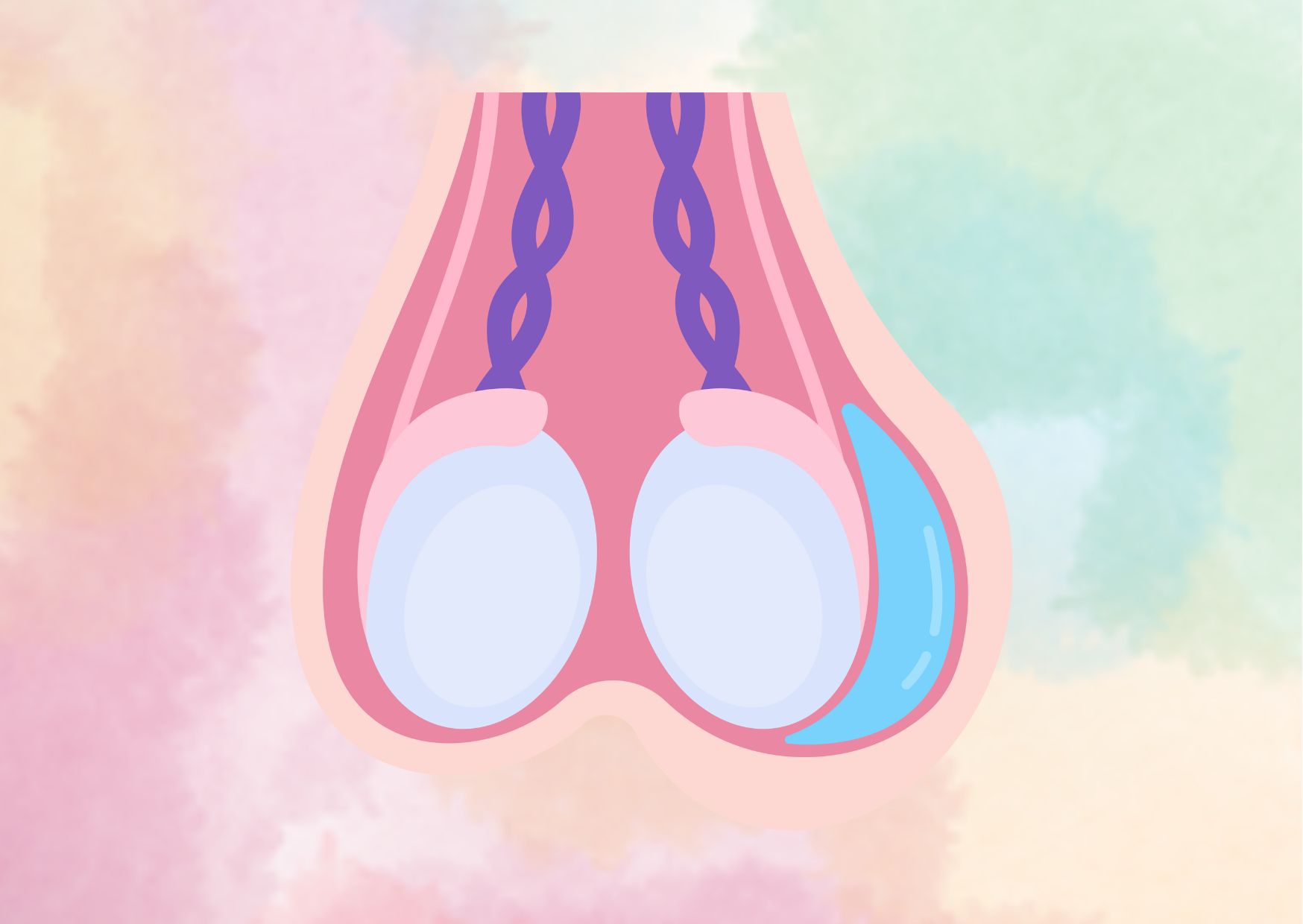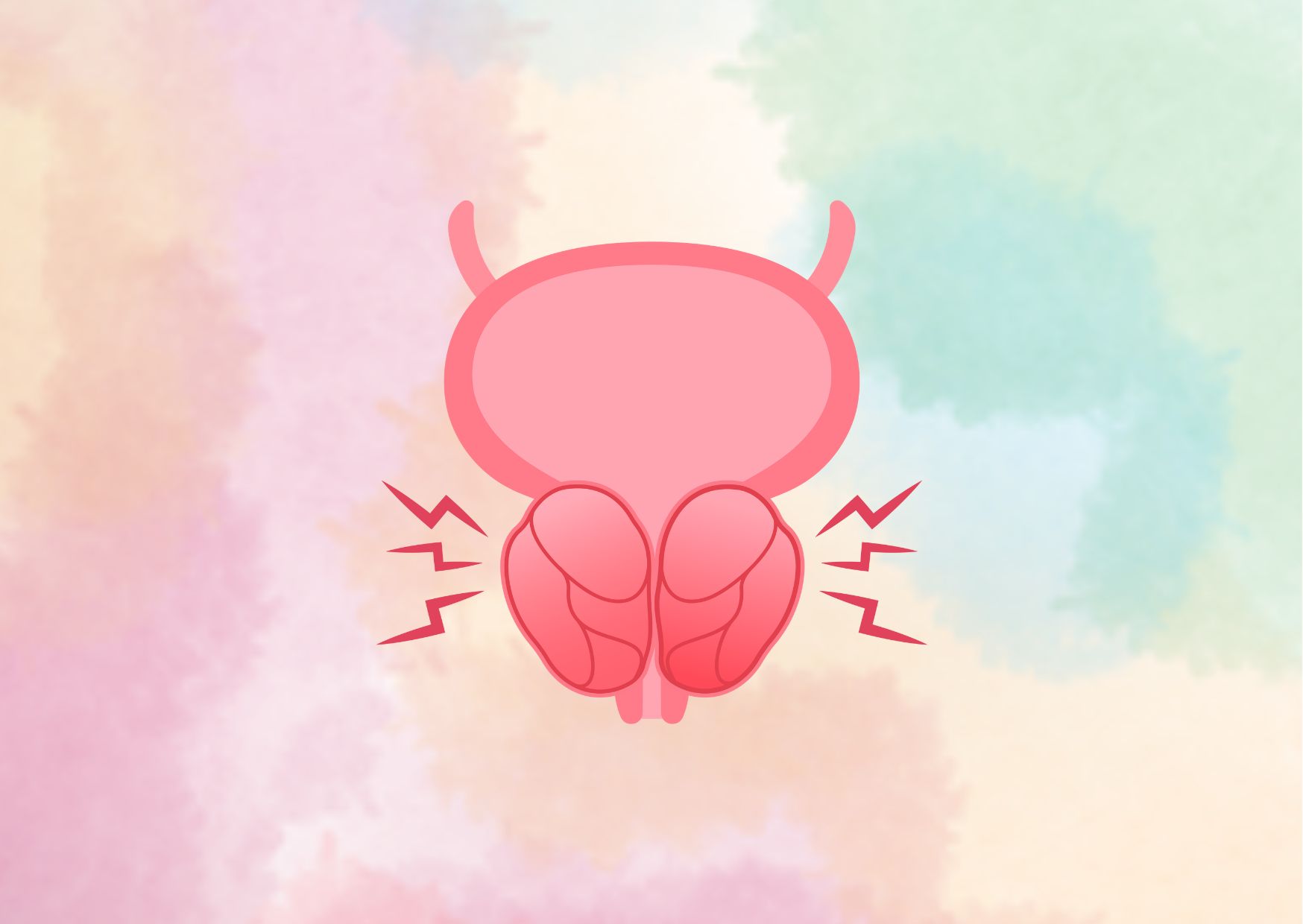12 Ways to Treat Erectile Dysfunction: Symptoms, Causes, and Diagnosis
Erectile dysfunction (ED), characterized by the inability to achieve or maintain an erection sufficient for satisfactory sexual performance, is a prevalent issue affecting millions of men worldwide. This condition, once euphemistically termed “impotence,” has profound psychological consequences and can significantly impact one’s overall well-being, self-esteem, and interpersonal relationships.
The combined prevalence of moderate to complete erectile dysfunction rises substantially with age, affecting approximately 22% of men at 40 and a staggering 49% by age 70. However, ED is not limited to older individuals, as 5-10% of men under 40 also experience this condition. From diabetes and cardiovascular diseases to psychological factors and lifestyle choices, a wide range of underlying causes contribute to the development of ED. This comprehensive guide delves into the symptoms, risk factors, and diagnostic approaches for erectile dysfunction, empowering individuals to better understand and address this often-stigmatized condition.
Understanding Erectile Dysfunction (ED)
Erectile dysfunction (ED) is a prevalent condition characterized by the inability to achieve or maintain an erection firm enough for satisfactory sexual intercourse. It is a complex issue with multifaceted causes, often intertwined with various comorbidities.
Definition and Prevalence
- ED is defined as the consistent or recurrent inability to attain and sustain an erection sufficient for satisfactory sexual performance.
- It affects a significant portion of the male population, with its prevalence escalating globally. Approximately 30 million men in the United States are affected by ED.
- The combined prevalence of moderate to complete ED rises substantially with age, affecting around 22% of men at 40 and a staggering 49% by age 70.
- However, ED is not limited to older individuals, as 5-10% of men under 40 also experience this condition.
Causes and Contributing Factors
- Organic Factors
- Cardiovascular diseases
- Diabetes mellitus
- Neurological disorders
- Hormonal imbalances
- Obesity and metabolic syndrome
- Pelvic surgeries or injuries
- Certain medications (e.g., antidepressants, blood pressure drugs)
- Psychogenic Factors
- Stress
- Anxiety
- Depression
- Relationship problems
- Past sexual traumas
- Mixed Factors
- In many cases, both organic and psychogenic factors contribute to the development of ED, creating a complex interplay of causes.
Pathophysiology
- Any disease process that affects penile arteries, nerves, hormone levels, smooth muscle tissue, corporal endothelium, or tunica albuginea can cause erectile dysfunction.
- Endothelial dysfunction appears to be a common pathway in patients with erectile dysfunction, often linked to cardiovascular disease, diabetes, hyperlipidemia, and hypertension.
- While the majority of erectile dysfunction cases have an organic underlying cause, some may be primarily psychological, particularly in younger men.
Psychological and Emotional Impact
- The psychological and emotional ramifications of ED can be profound, impacting not only the affected individuals but also their partners.
- Unaddressed erectile dysfunction may precipitate anxiety, depression, diminished self-esteem, and strained interpersonal relationships.
- Even when the underlying cause is organic, there are almost always psychological consequences, such as marital and relationship issues, cultural norms and expectations, loss of self-esteem, shame, and anxiety.
By understanding the multifaceted nature of erectile dysfunction, its causes, and its impact, healthcare professionals can better evaluate and manage this condition, providing comprehensive care and support to affected individuals.
Symptoms of ED
The symptoms of erectile dysfunction (ED) are relatively straightforward. The primary symptom is the persistent inability to achieve or maintain an erection firm enough for satisfactory sexual intercourse. This can manifest in various ways:
Difficulty Achieving an Erection
- Being unable to get an erection at any time, regardless of the circumstances or stimulation.
- Occasionally being able to get an erection, but not consistently or reliably.
Difficulty Maintaining an Erection
- Being able to initially get an erection, but not having it last long enough for satisfactory sexual activity.
- Experiencing a loss of erection during sexual activity, before orgasm or completion.
Varying Degrees of Severity
Erectile dysfunction symptoms can range from mild to severe, with some men experiencing occasional or intermittent issues, while others struggle with complete or near-total inability to achieve or sustain an erection.
It’s important to note that occasional episodes of erectile difficulties are not necessarily indicative of erectile dysfunction. However, if the problem persists and becomes a recurrent pattern, it may signify an underlying condition that requires medical attention.
Associated Symptoms
In some cases, ED can be accompanied by other symptoms, depending on the underlying cause. These may include:
- Reduced sexual desire or libido
- Difficulty achieving orgasm
- Premature or delayed ejaculation
- Penile curvature or deformity (in cases of Peyronie’s disease)
It’s crucial to recognize that ED is often a symptom of an underlying health issue or a combination of factors. If you experience any of the aforementioned symptoms persistently, it is advisable to consult a healthcare professional, such as a family doctor or an internist, for proper evaluation and treatment.
Causes of Erectile dysfunction
Physical Causes
Erectile dysfunction (ED) can arise from a wide array of physical factors that interfere with the complex process of achieving and maintaining an erection. These organic causes can stem from various underlying medical conditions, lifestyle choices, or age-related changes that impact the cardiovascular, neurological, or hormonal systems involved in sexual function. Some of the most common physical causes of ED include:
- Cardiovascular Diseases: Conditions such as atherosclerosis, high blood pressure, and heart disease can impair blood flow to the penis, making it difficult to achieve or sustain an erection. The buildup of plaque in the arteries (atherosclerosis) can restrict the necessary blood supply, while high blood pressure can damage the delicate lining of blood vessels, leading to ED.
- Diabetes: Uncontrolled diabetes can cause nerve damage and impair blood flow, both of which are essential for achieving and maintaining an erection. Over time, high blood sugar levels can damage the nerves and blood vessels responsible for erections.
- Neurological Disorders: Conditions that affect the brain, spinal cord, or peripheral nerves can disrupt the neural signals required for achieving an erection. Examples include multiple sclerosis, Parkinson’s disease, Alzheimer’s disease, and spinal cord injuries.
- Hormonal Imbalances: Hormones play a crucial role in sexual function, and imbalances in testosterone, prolactin, or thyroid hormones can contribute to ED. Low testosterone levels, in particular, are a common cause of ED in older men.
- Obesity and Metabolic Syndrome: Excess weight and metabolic disorders, such as high cholesterol and triglyceride levels, can lead to reduced testosterone levels and impaired blood flow, increasing the risk of ED.
- Pelvic Surgeries or Injuries: Procedures or injuries involving the prostate, bladder, or pelvic region can damage the nerves and blood vessels essential for erections.
- Certain Medications: Some prescription drugs, including certain antidepressants, blood pressure medications, and chemotherapeutic agents, can have adverse effects on sexual function and contribute to ED.
- Substance Abuse: Excessive alcohol consumption, smoking, and the use of illicit drugs can damage blood vessels and impair sexual function, leading to ED.
Emotional and Psychological Causes
While physical factors are often the primary contributors to ED, emotional and psychological factors can also play a significant role. These factors can either directly cause ED or exacerbate existing physical conditions. Some common emotional and psychological causes of ED include:
- Stress and Anxiety: High levels of stress or anxiety can interfere with sexual function by disrupting the complex interplay of hormones, neurotransmitters, and physiological processes involved in achieving and maintaining an erection.
- Depression: Depression can dampen libido and negatively impact sexual function, leading to ED. Additionally, some antidepressant medications can have adverse effects on sexual performance.
- Relationship Issues: Conflicts, poor communication, or dissatisfaction within a relationship can contribute to performance anxiety and ED.
- Low Self-Esteem and Body Image Issues: Negative perceptions of one’s body or self-worth can lead to feelings of inadequacy and diminished sexual confidence, potentially contributing to ED.
- Performance Anxiety: The fear of not being able to perform sexually or satisfy a partner can create a vicious cycle of anxiety and ED.
- Trauma or Abuse: Past experiences of sexual abuse or trauma can have long-lasting psychological effects, leading to difficulties with sexual intimacy and ED.
It’s important to note that in many cases, both physical and psychological factors can contribute to the development of ED, creating a complex interplay of causes. Addressing both the physical and emotional aspects of ED is often necessary for effective management and treatment.
Suggestion for read: Understanding Sexual Performance Anxiety
Diagnosis of Erectile dysfunction
Medical History and Physical Exam
Diagnosing erectile dysfunction (ED) begins with a comprehensive medical and sexual history, as well as a thorough physical examination. This initial evaluation helps healthcare professionals identify potential underlying causes and determine the most appropriate course of action.
During the medical history, the doctor will inquire about various aspects of your sexual function, such as:

